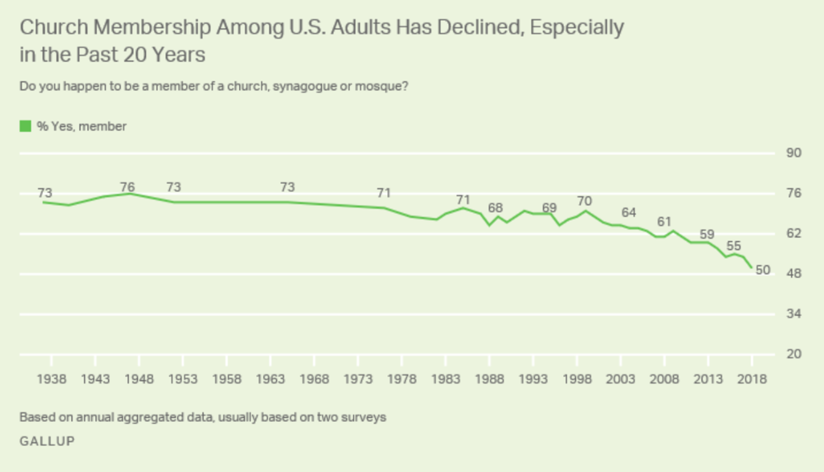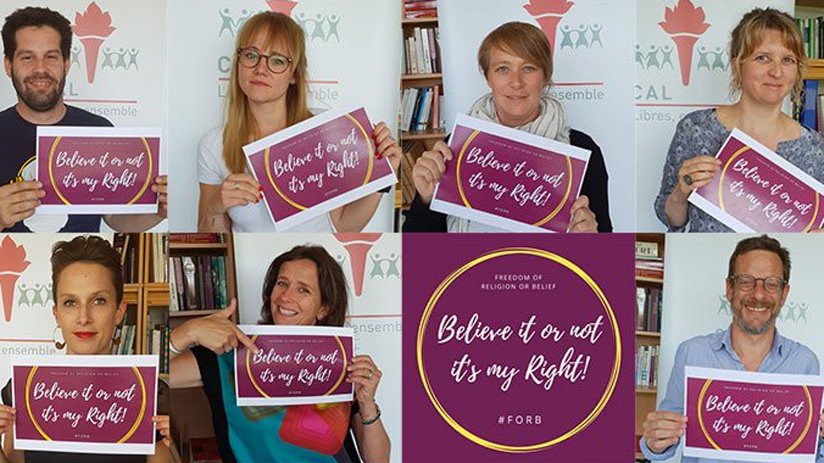
-
HOME
-
WHAT IS STANDOur Mission Our Values Our Help Contact
-
WHAT WE FIGHT FORReligious Freedom Religious Literacy Equality & Human Rights Inclusion & Respect Free Speech Responsible Journalism Corporate Accountability
-
RESOURCESExpert Studies Landmark Decisions White Papers FAQs David Miscavige Religious Freedom Resource Center Freedom of Religion & Human Rights Topic Index Priest-Penitent Privilege Islamophobia
-
HATE MONITORBiased Media Propagandists Hatemongers False Experts Hate Monitor Blog
-
NEWSROOMNews Media Watch Videos Blog
-
TAKE ACTIONCombat Hate & Discrimination Champion Freedom of Religion Demand Accountability
Hate-Inspired Violence Against Religions Hits New High
Across the globe, religions are under attack.
These assaults materialize as hate speech through all forms of media, legal persecution, graffiti plastered over houses of worship, bomb threats and violence, including arson and murder.

According to the FBI’s Hate Crime Statistics for 2017, the most recent year available, hate crimes overall rose 17 percent that year and religion-based hate crimes surged 23 percent.
In other words, more than one in five hate crimes committed in 2017 targeted someone based on religion or faith.
The Anti-Defamation League reported that anti-Semitic hate crimes increased 57 percent through 2017, the largest single-year increase on record.
Yet another reporting agency found that hate crimes committed against Muslims, Arabs and those often mistaken as Muslims or Arabs—mostly Sikhs—increased by 45 percent in 2017 over the previous year.
At the same time, persecution of Christians is reported to be at an all-time high. A recent study commissioned by British Foreign Secretary Jeremy Hunt estimated that 80 percent of those persecuted worldwide for their religious beliefs are Christians.
In the United States, hate crimes committed against members of the Church of Jesus Christ of Latter-day Saints doubled between 2016 and 2017. While the numbers constituted only a small fraction of the overall statistics, they reflect a significant change in the religious climate.

According to a Gallup poll released in April this year, the percentage of Americans who claim membership in a church, synagogue or mosque has plummeted 20 percent since 1998 to the lowest on record, 50 percent.
Some firmly believe that acts of hate against religions are a reflection of cultural decay, not just in the United States but in many parts of the world.
U.S. membership in religious institutions stood at 70 percent or higher from 1937 through 1976. What began as a slow decline has accelerated from the late 1990s to the present.
Some firmly believe that acts of hate against religions are a reflection of cultural decay, not just in the United States but in many parts of the world.
In the face of such grim statistics as those cited above, many religious leaders can today be seen breaking down old barriers, conversing with and interacting with other religions to bolster spiritual values in society.
“Interfaith cooperation—including the sharing of common understandings and common worthwhile purposes—can create a climate that benefits not only all religions, but all of humanity,” said Edward Parkin, STAND’s International Director.




